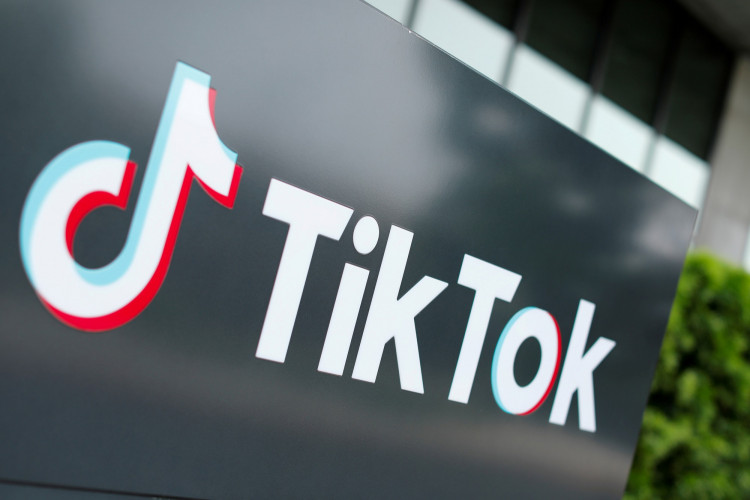TikTok, the prominent social media platform, has recently initiated a legal battle against the state of Montana in response to a newly passed law that seeks to prohibit the app's use within state lines.
The lawsuit, filed in a federal court, contends that the proposed restriction on this globally acclaimed social media platform equates to unconstitutional censorship, infringing on the right to free speech, a fundamental liberty enshrined in the First Amendment. The litigation claims that the Montana law "unjustifiably curtails a key First Amendment freedom."
The suit's attorneys, representing TikTok - a subsidiary of the Chinese internet giant ByteDance - also underscore that the potential national security risks highlighted by Montana officials overstep the jurisdiction of state regulation. They stress that matters relating to foreign affairs and national security fall within the exclusive purview of federal authorities.
TikTok seeks to invalidate the Montana law, which has yet to take effect. The lawsuit follows an initial challenge lodged by TikTok creators who assert the law infringes on their free speech rights.
The social media behemoth, boasting a user base of 150 million in the U.S. alone, issued a statement saying, "We are taking legal action against Montana's unconstitutional TikTok ban to safeguard our operations and the rights of hundreds of thousands of TikTok users in Montana. Based on solid legal precedents and facts, we are confident that our legal stance will prevail."
The suit dismisses Montana's apprehensions about potential access to American data by Chinese officials and the risk of exposing minors to inappropriate content as unfounded.
In response to speculative fears regarding data harvesting by the Chinese government, TikTok has launched 'Project Texas.' This $1.5 billion data security initiative, in partnership with the Austin-based Oracle, promises to store American users' data on U.S. servers under American oversight.
TikTok's Chinese lineage has sparked legal disputes in the White House across both the Trump and Biden administrations. Presently, Biden officials are contemplating their next move after suggesting a nationwide ban unless TikTok secures an American purchaser.
Although national security experts broadly concur that TikTok's links to China warrant scrutiny, the stated fears remain theoretical, with no public evidence of the Chinese government exploiting TikTok for espionage or data collection.
Despite acknowledging instances of China-based employees tracking U.S. journalists via the app, TikTok asserts that these employees have been terminated, and their newly proposed data security plan would avert such instances in the future.
The Montana law, signed by Gov. Greg Gianforte, has been met with resistance from organizations like the American Civil Liberties Union and digital rights advocacy groups, who contend that it infringes on Americans' free speech rights. Cybersecurity experts also predict practical difficulties in implementing the law.
Once enforced in January 2024, the law would impose daily fines up to $10,000 on Apple, Google, and TikTok if the app is accessible for download within Montana. Experts warn of potential loopholes and inadvertent impact on residents living near Montana's borders.






